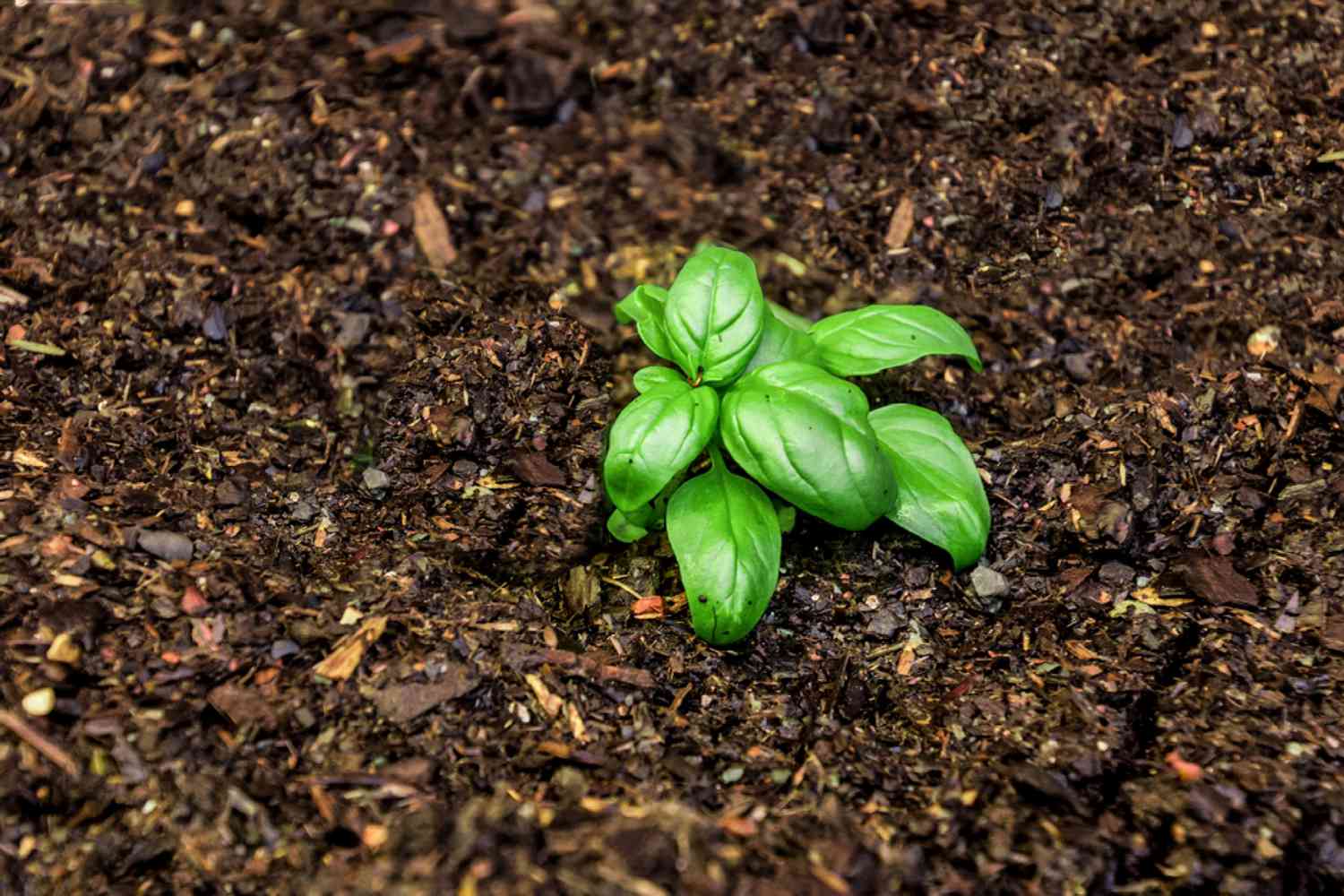
Why is soil health important? Soil health is crucial because it directly impacts food production, water quality, and climate regulation. Healthy soil is like a bustling city underground, full of tiny organisms working together to break down organic matter, recycle nutrients, and support plant growth. Without it, crops struggle, leading to food shortages and higher prices. Soil also acts as a natural filter, cleaning water as it seeps through layers of earth. This process helps maintain clean rivers and lakes. Additionally, soil stores carbon, reducing greenhouse gases in the atmosphere and combating climate change. Healthy soil means healthier plants, cleaner water, and a more stable climate. Understanding soil health is key to sustaining life on Earth.
What is Soil Health?
Soil health is all about how well soil functions to support plants, animals, and humans. Healthy soil is full of life, nutrients, and helps grow food. Let's dig into some fascinating facts about soil health.
-
Soil is Alive: A single teaspoon of healthy soil can contain more microorganisms than there are people on Earth. These tiny creatures, like bacteria and fungi, help break down organic matter, making nutrients available for plants.
-
Soil Filters Water: As water moves through soil, it gets filtered. This natural process removes pollutants, making groundwater cleaner and safer to drink.
-
Carbon Storage: Soil is a major carbon sink, storing more carbon than the atmosphere and plants combined. This helps regulate climate by reducing greenhouse gases.
-
Soil Formation Takes Time: It can take over 500 years to form just one inch of topsoil. This slow process makes soil a precious resource that needs protection.
-
Soil Erosion is a Threat: Erosion can wash away fertile topsoil, reducing land's ability to grow crops. Practices like planting cover crops help prevent this loss.
Why is Soil Health Important?
Healthy soil is crucial for growing food, supporting ecosystems, and maintaining clean water. Let's explore why soil health matters so much.
-
Supports Plant Growth: Healthy soil provides essential nutrients and a stable environment for plants to grow strong and healthy.
-
Biodiversity Hotspot: Soil is home to countless organisms, from earthworms to insects, which contribute to a balanced ecosystem.
-
Water Retention: Good soil structure helps retain water, reducing the need for irrigation and helping plants survive droughts.
-
Nutrient Cycling: Soil organisms break down organic matter, recycling nutrients back into the soil for plants to use.
-
Foundation for Infrastructure: Soil supports buildings, roads, and other structures. Healthy soil provides a stable foundation, reducing the risk of damage.
How to Improve Soil Health?
Improving soil health involves practices that enhance its structure, fertility, and biodiversity. Here are some ways to boost soil health.
-
Composting: Adding compost to soil increases organic matter, improving soil structure and fertility.
-
Crop Rotation: Rotating crops prevents nutrient depletion and reduces pest and disease buildup.
-
Cover Crops: Planting cover crops protects soil from erosion and adds organic matter when they decompose.
-
Reduced Tillage: Minimizing tillage preserves soil structure and reduces erosion.
-
Organic Farming: Organic practices avoid synthetic chemicals, promoting healthier soil ecosystems.
Fun Facts About Soil
Soil is full of surprises! Here are some fun and unexpected facts about soil.
-
Soil Colors Vary: Soil can be red, yellow, black, or even blue, depending on its mineral content and organic matter.
-
Soil Smells Good: The earthy smell of soil comes from a compound called geosmin, produced by soil bacteria.
-
Soil is a Habitat: Many animals, like moles and rabbits, make their homes in soil, relying on it for shelter and food.
-
Soil is a Record Keeper: Layers of soil can reveal past climates, vegetation, and human activities, acting like a natural history book.
-
Soil is Everywhere: Soil covers most of the Earth's land surface, playing a vital role in ecosystems worldwide.
Challenges Facing Soil Health
Soil health faces many challenges, from human activities to natural processes. Understanding these challenges helps us protect this vital resource.
Soil Health: The Foundation of Life
Soil health is crucial for sustaining life on Earth. It supports plant growth, regulates water, and cycles nutrients. Healthy soil is teeming with microorganisms that break down organic matter, making nutrients available for plants. This process is vital for agriculture and maintaining biodiversity.
Erosion and pollution threaten soil health, leading to reduced fertility and increased carbon emissions. Sustainable practices like crop rotation, cover cropping, and reduced tillage can help preserve soil integrity. These methods improve soil structure, enhance water retention, and boost crop yields.
Understanding soil's role in the ecosystem can guide better land management decisions. By prioritizing soil health, we ensure a stable food supply and a healthier planet. Everyone can contribute by supporting sustainable farming and reducing chemical use. Healthy soil is the backbone of a thriving environment, and its preservation is essential for future generations.
Was this page helpful?
Our commitment to delivering trustworthy and engaging content is at the heart of what we do. Each fact on our site is contributed by real users like you, bringing a wealth of diverse insights and information. To ensure the highest standards of accuracy and reliability, our dedicated editors meticulously review each submission. This process guarantees that the facts we share are not only fascinating but also credible. Trust in our commitment to quality and authenticity as you explore and learn with us.


